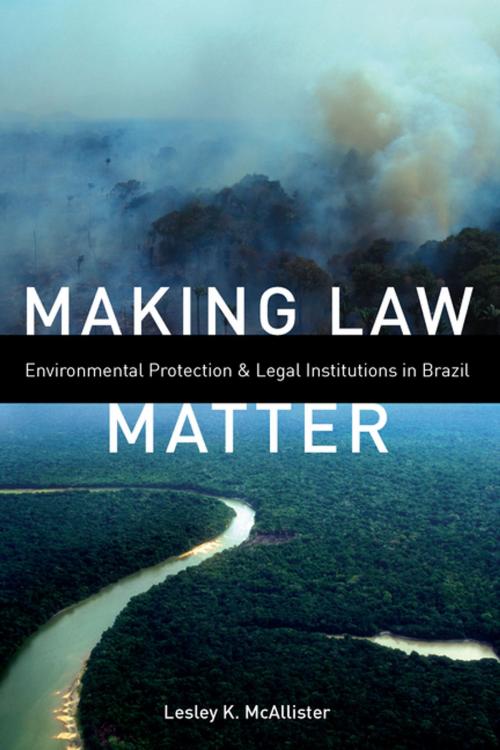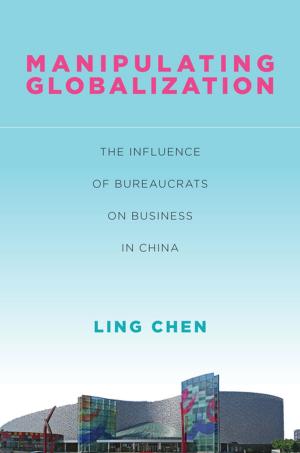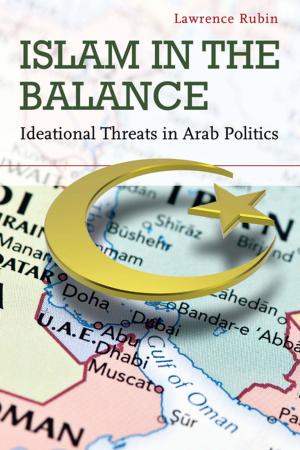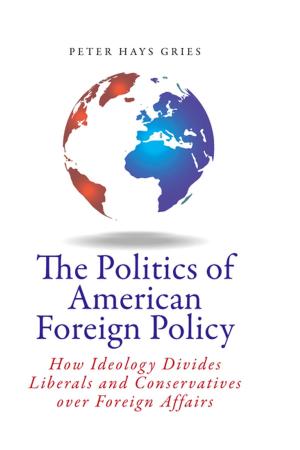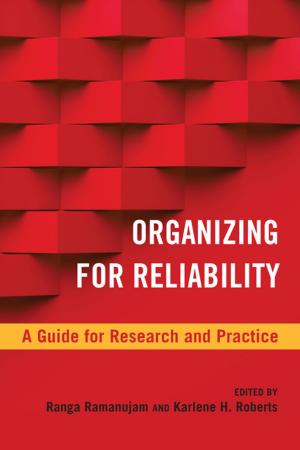Making Law Matter
Environmental Protection and Legal Institutions in Brazil
Nonfiction, Reference & Language, Law, Environmental| Author: | Lesley K. McAllister | ISBN: | 9780804783101 |
| Publisher: | Stanford University Press | Publication: | May 30, 2008 |
| Imprint: | Stanford Law Books | Language: | English |
| Author: | Lesley K. McAllister |
| ISBN: | 9780804783101 |
| Publisher: | Stanford University Press |
| Publication: | May 30, 2008 |
| Imprint: | Stanford Law Books |
| Language: | English |
Although many developing countries have environmental statutes, regulations, and resolutions on the books, these laws are rarely enforced and often ignored. Making Law Matter presents the first book-length treatment of an innovative prosecutorial institution, the Brazilian Ministrio Publico, which refashioned itself in the 1980s into a powerful defender of citizen rights in environmental protection, as well as in other areas of public interest such as disability rights, consumer protection, and anticorruption.
In Brazil, the offices of prosecutors and courts have become an important forum for resolving environmental conflicts, making environmental law more effective than in the past. Court involvement communicates the end of impunity for violators. It increases the accountability of governmental agencies and provides legal access for citizen complaints. In short, it enhances environmental rule of law. As developing countries continue to seek to reform their legal systems to strengthen democracy and the rule of law, the Brazilian Ministrio Publico must be recognized as a very promising model.
Although many developing countries have environmental statutes, regulations, and resolutions on the books, these laws are rarely enforced and often ignored. Making Law Matter presents the first book-length treatment of an innovative prosecutorial institution, the Brazilian Ministrio Publico, which refashioned itself in the 1980s into a powerful defender of citizen rights in environmental protection, as well as in other areas of public interest such as disability rights, consumer protection, and anticorruption.
In Brazil, the offices of prosecutors and courts have become an important forum for resolving environmental conflicts, making environmental law more effective than in the past. Court involvement communicates the end of impunity for violators. It increases the accountability of governmental agencies and provides legal access for citizen complaints. In short, it enhances environmental rule of law. As developing countries continue to seek to reform their legal systems to strengthen democracy and the rule of law, the Brazilian Ministrio Publico must be recognized as a very promising model.
